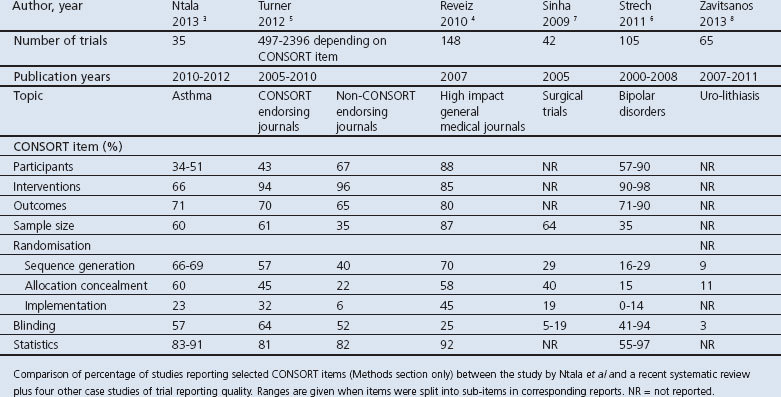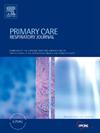Poor reporting may infer poor science: lessons learned from asthma trials.
引用次数: 0
Abstract
after real-life data suggests that ‘unplanned’ quit attempts are more successful than ‘planned’ ones. Hence the "catastrophe theory," where smokers have varying levels of motivational "tension" to stop, and then "triggers" in the environment result in a sudden switch in motivational state; if that switch involves immediate renunciation of cigarettes, this can signal a more complete transformation. Tailoring a visual tool to trigger a “catastrophic switch” may yield more benefits. Other visual tools could be developed for those who can’t or won’t immediately quit, which may be just as effective as abrupt quit dates. This pilot should be likened to a Phase 1 trial. Almost anything needing new skills and precious consultation time will encounter some resistance. This did not happen here, with a similar duration of counselling sessions and similar GPs’ ratings on practicability and usefulness. This is the crux of the study. The additional tool was well used. Like any good research, it opens up more questions and opportunities. It has passed Phase 1, so now is the time for Phase 2 and onwards. Their tool could be tried instead of the IPCRG tool. They could develop aids based on other prevalent illnesses, or aids for less motivated or difficult-to-reach smokers (those with mental illness, pregnant smokers, manual workers and ethnic minorities) where smoking rates and health inequalities continue to grow. NeunerJehle’s team needs to continue this work. As former Australian Health Minister Nicola Roxon has said, “We are killing people by not acting.”

糟糕的报告可能会推断出糟糕的科学:从哮喘试验中吸取的教训。
本文章由计算机程序翻译,如有差异,请以英文原文为准。
求助全文
约1分钟内获得全文
求助全文
来源期刊

Primary Care Respiratory Journal
PRIMARY HEALTH CARE-RESPIRATORY SYSTEM
自引率
0.00%
发文量
0
审稿时长
6-12 weeks
 求助内容:
求助内容: 应助结果提醒方式:
应助结果提醒方式:


